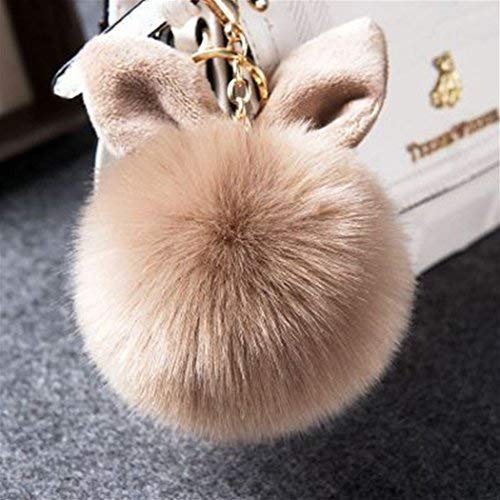Has anyone ever tried using artificial lights with rabbits? We have chickens and we’ve found that using a red light during the winter months helps supplement light and helps with egg production. I’ve heard that rabbits (especially breeding does) can suffer from hormonal issues from the lack of sunlight during winter. Speaking from experience I’ve definitely had issues with lactation and breeding from Nov- Feb. Some just don’t breed all winter but we really could use the meat.
I know they sell those phototherapy lights that mimic sunlight. I use one myself to keep away the winter blues

Any thoughts on how they would work for rabbits?
I used to breed year-round, and supplemental lighting definitely helped with that. So did warming the does up for a bit - I used to bring them into the mudroom, where it was warmer than in the rabbit shed but not as warm as in the house; or I'd take them on a car ride in a carrier for a few hours. It's well-known in the rabbit show world that going to a show will get most does "in the mood."
I've found that, as
@tambayo said, with extra lighting, most does that cooperate with being bred will take.
BUT... I no longer breed for litters in December or January, because my records showed that most of the litters I lost were born in those months. Even though the does did conceive, many of them just didn't manage to pull off raising their litters successfully. Some wouldn't use the nest box, some wouldn't cover the bunnies, some wouldn't feed them at all or wouldn't feed them consistently, some would get in the box and scatter the litter...it was a litany of loss. To be honest, coming out to find bunnycicles all over the wire, or a pile of stiff kits in the box, was too hard emotionally to make it worthwhile. I did not lose
all of the litters born in those months, but the percentage of loss was dramatically higher; if I was hungrier, I'd probably take the chance.

My suspicion is that supplemental lighting isn't necessarily enough to fully inform the rabbits' reproductive hormones. The does can be convinced to breed and actually have babies, but it's like their systems aren't firing on all pistons; it's like they somehow
know the 12 hours of light aren't really 12 hours of daylight, and it's not really spring. I know my carrots know about spring... We used to have a crawl space, which had no windows and never varied more than about 3 degrees F, summer or winter. We used it as a root cellar, and carrots stored there would always start sprouting in early February, sending up pathetic yellow shoots, looking desperately for light they never found. It always amazed me, but they
knew. I have found that rabbits are at least as perceptive as carrots...

I suppose that if you raised them in a garage or inside the house, it might be different, but my rabbits have always been outside, either in a shed or a barn.
So in my barn, breeding stops by or before November, and resumes in January. It might be because we are at a higher latitude and the returning daylight comes back fast when it starts accelerating about a month after the solstice; usually my does are showing all the signs of breeding interest by mid-to-late January. Some of my most successful litters have been born in February, in spite of the fact that temperatures aren't really any different than in December or January...but daylight lasts longer, and is increasing, and even with only two small south-facing windows in the barn, the rabbits seem to know it.
























